Total Shoulder Replacement Surgeon in Elkhart, IN
Shoulder Surgeon in Indiana
Total shoulder replacement is a highly effective solution for individuals suffering from severe arthritis, chronic pain, and joint degeneration. Our expert orthopedic surgeons at OSMC provide advanced shoulder replacement surgery to restore mobility, alleviate discomfort, and improve overall quality of life. Whether caused by arthritis, previous injuries, or degenerative joint disease, OSMC’s team offers comprehensive care to help patients regain full function.
Am I a Good Candidate for Total Shoulder Replacement?
Candidates for total shoulder replacement often struggle with chronic shoulder pain and stiffness that significantly impact daily life. When non-surgical treatments such as physical therapy, medications, and corticosteroid injections fail to provide relief, surgery may be the best option. Those with advanced arthritis, joint degeneration, or previous shoulder injuries that limit mobility and cause ongoing discomfort may benefit from total shoulder replacement.
What Are the Symptoms of Severe Shoulder Arthritis?
Severe shoulder arthritis often causes persistent pain that worsens with movement, making lifting objects, reaching overhead, or even getting dressed difficult. Stiffness and reduced range of motion develop over time, further limiting function. Many patients experience grinding or clicking sensations in the joint due to cartilage wear and bone-on-bone friction. Nighttime pain is also common, interfering with sleep and overall comfort. When these symptoms become severe and non-surgical treatments no longer provide relief, total shoulder replacement may be necessary for long-term pain management.
What Causes Shoulder Joint Damage?
Osteoarthritis is the most common cause of shoulder joint deterioration, wearing away the cartilage and leading to chronic pain and stiffness. Rheumatoid arthritis and other inflammatory joint conditions can also contribute to joint damage, making movement increasingly painful. Previous injuries such as fractures, dislocations, or severe rotator cuff tears can weaken the shoulder over time, leading to joint instability and degeneration. Avascular necrosis, a condition where the blood supply to the shoulder is disrupted, can cause bone deterioration and the eventual need for joint replacement. Individuals with a history of repeated shoulder injuries or unsuccessful surgeries may also require total shoulder replacement.
What Are the Treatment Options Before Shoulder Replacement?
Before recommending surgery, OSMC specialists explore all available non-surgical treatment options to help manage pain and improve mobility. Physical therapy can strengthen the shoulder muscles and improve function, while anti-inflammatory medications and corticosteroid injections help reduce swelling and discomfort. Activity modifications may also provide temporary relief for some patients. However, when these treatments no longer provide sufficient relief, total shoulder replacement often becomes the best long-term solution.
Expert Orthopedic Shoulder Surgeons at OSMC
At OSMC, we provide expert orthopedic care with a patient-focused approach. We ensure every individual receives a personalized treatment plan tailored to their specific condition and lifestyle.
Our highly skilled orthopedic surgeons specialize in advanced total shoulder replacement techniques, utilizing the latest surgical innovations to enhance patient outcomes. With on-site diagnostic imaging, customized rehabilitation programs, and cutting-edge surgical solutions, OSMC is Indiana’s trusted provider for total shoulder replacement. Contact us today or book an appointment online.

-
OSMC Shoulder Specialists
-
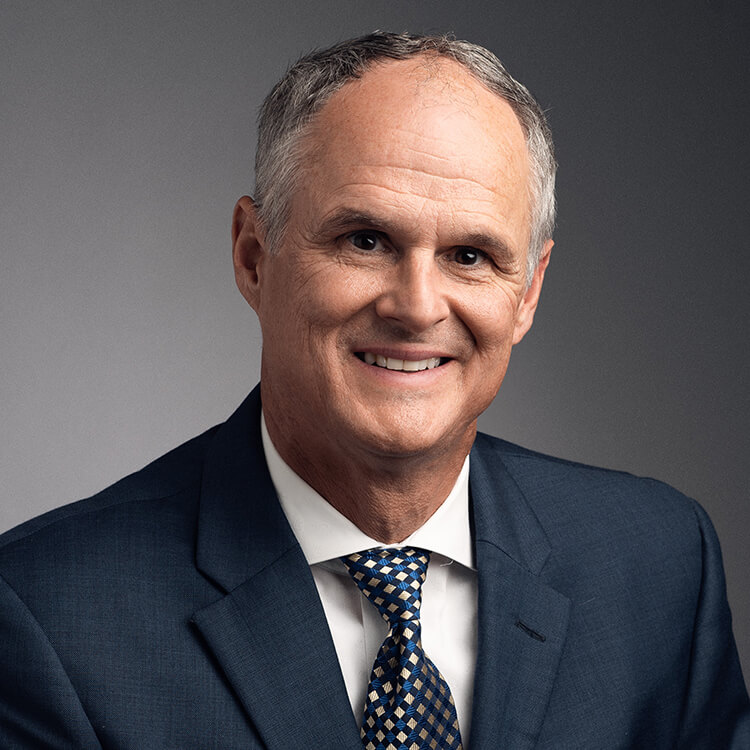
-
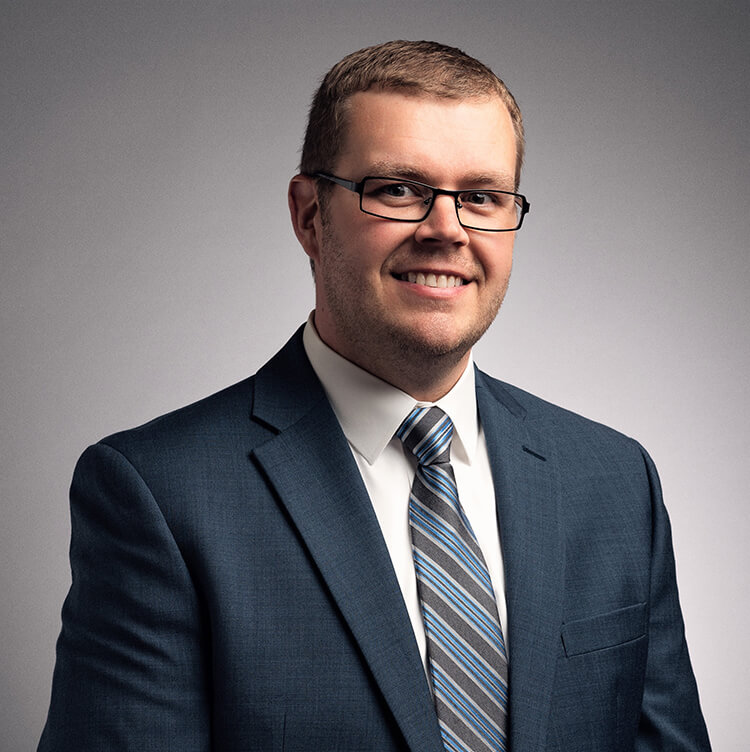
-
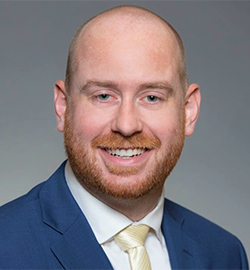
Orthopedic Surgeon - Joint Reconstruction Specialist
-

-
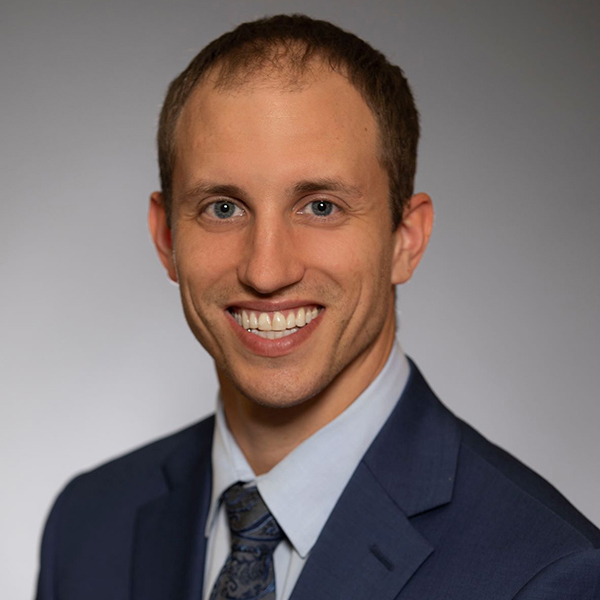
-
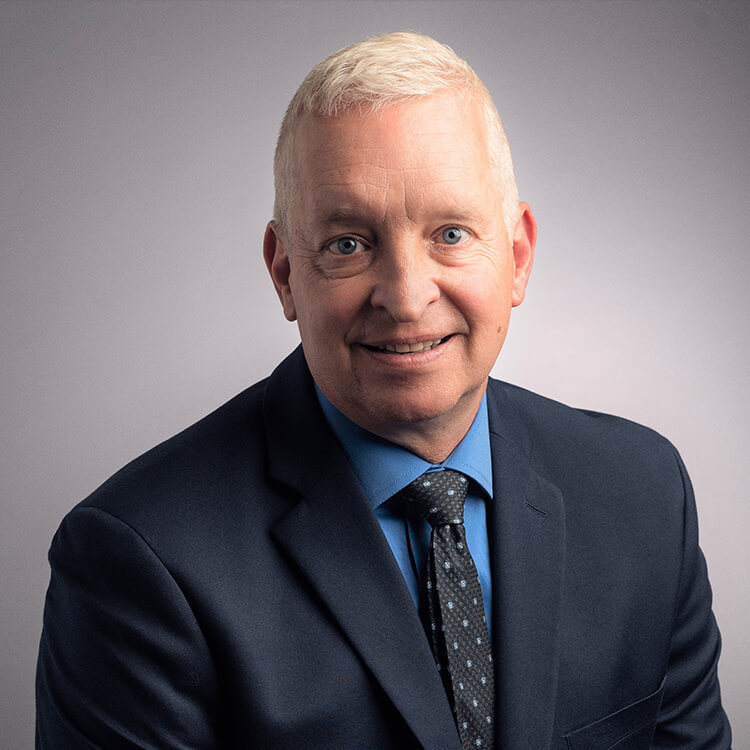
-
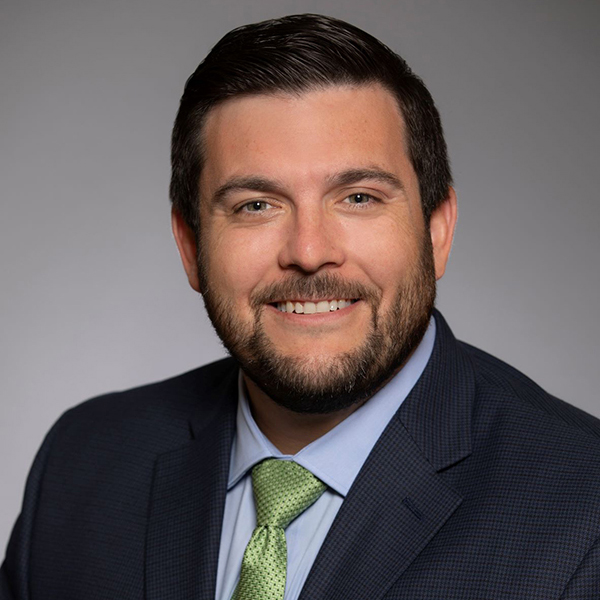
-

Orthopedic Sports Medicine Surgeon
Location: Elkhart, Elkhart Health and Aquatics, Goshen
-
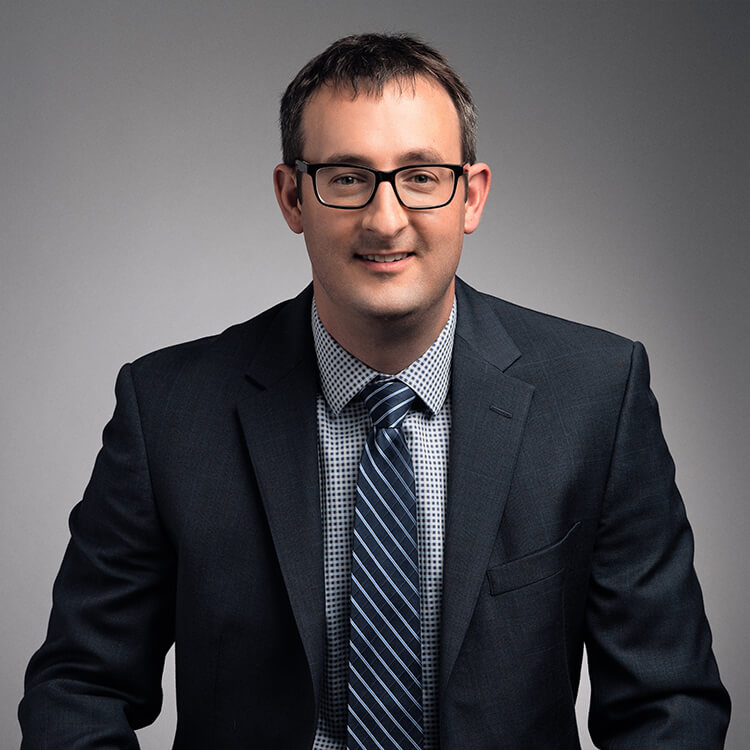
-
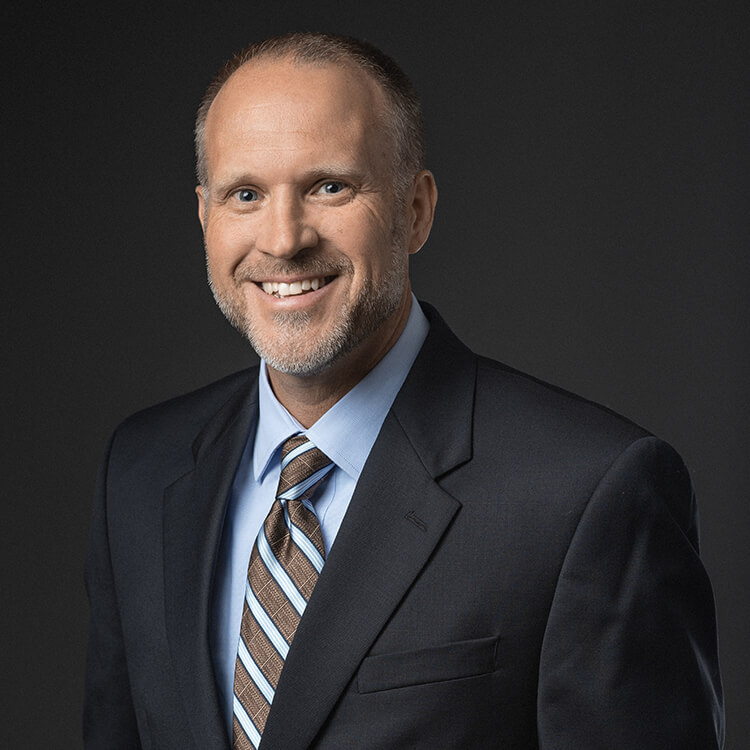
Shoulder Pain and Injury Care Northern Indiana & South Central Michigan
The orthopedic specialists at OSMC are highly experienced in diagnosing and treating shoulder problems. Some conditions are effectively treated with physical therapy. For some patients, surgery, including shoulder joint replacement, may be the most appropriate treatment option.


